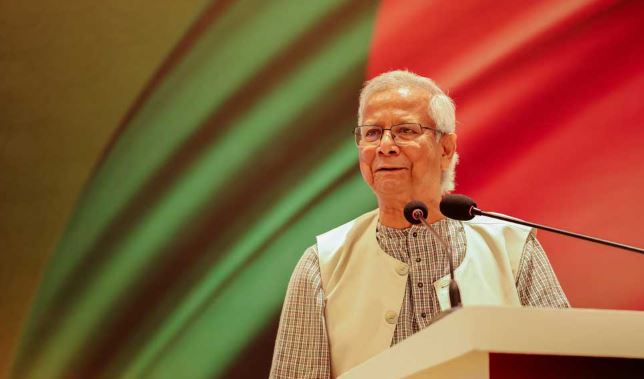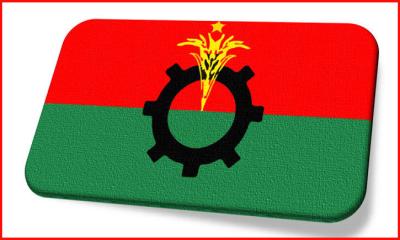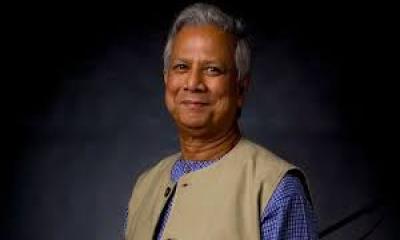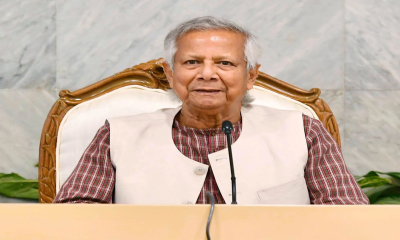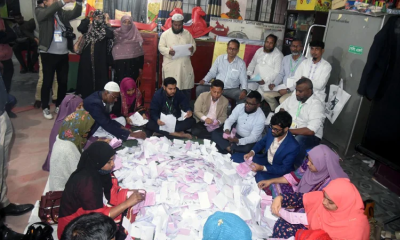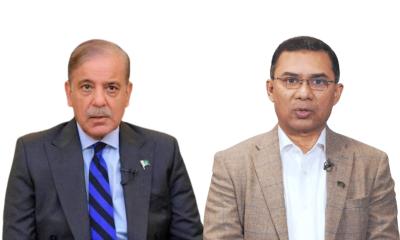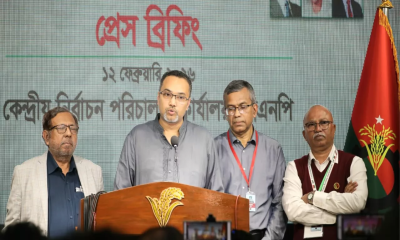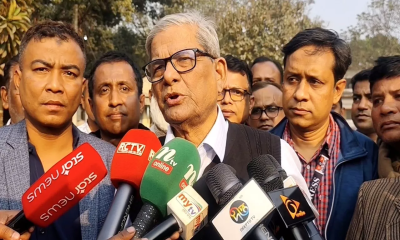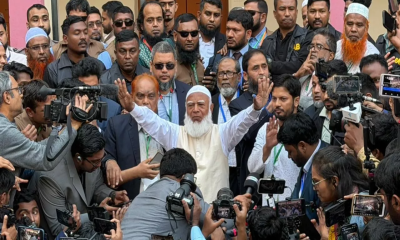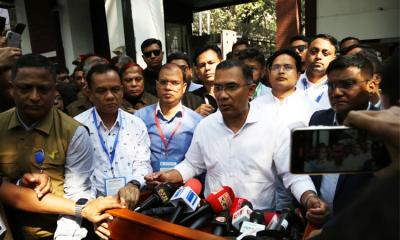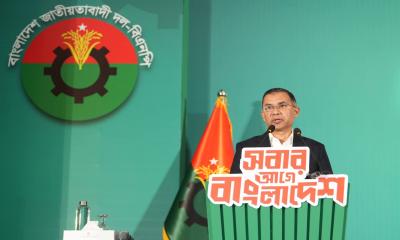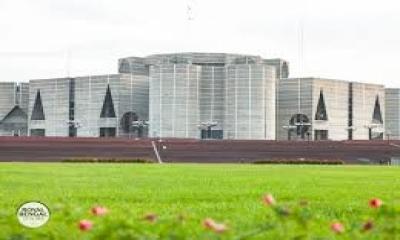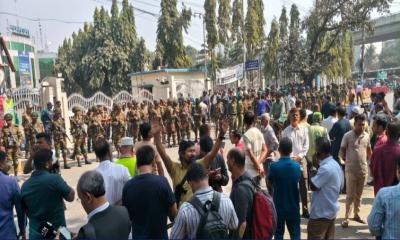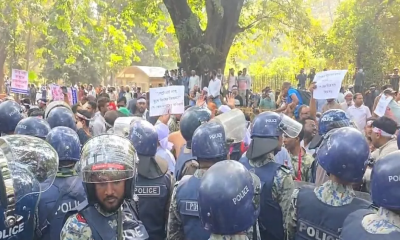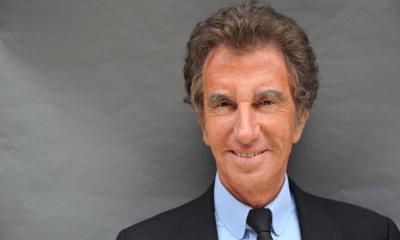Chief Advisor Muhammad Yunus has congratulated Bangladesh’s tariff negotiators on securing a “landmark” trade deal with the US in a “decisive diplomatic victory”.
“By reducing the tariff to 20 percent, 17 points lower than anticipated, our negotiators have demonstrated remarkable strategic skill and unwavering commitment to safeguarding and advancing Bangladesh’s economic interests,” he said in a statement posted on his official Facebook page on Friday, reports bdnews24.com.
“They have been working relentlessly since February and navigated successfully through a complex negotiating process involving tariff, non-tariff and national security matters. The agreement they negotiated preserves our comparative advantage, enhances our access to the world`s largest consumer market and safeguards our core national interests.”
The achievement showcases Bangladesh’s increasing strength on the global stage and opens the door to greater opportunities, accelerated growth and lasting prosperity, according to Yunus.
“The future of Bangladesh is undeniably bright. Today’s success stands as a powerful testament to the nation’s resilience and its bold vision for a stronger economy tomorrow.”
US President Donald Trump announced a slate of new tariff rates on imports from 70 countries ahead of the Aug 1 deadline in an attempt to address issues that it views as contributing to trade imbalances and to narrow the trade deficit.
“Given the scope of issues involved, the negotiation process has been complex and time-consuming. Tariff relief was tied not only to reductions in duties on US exports but also to a country’s willingness to address US concerns on non-tariff barriers, trade imbalances, and security matters,” the Chief Advisor’s Office (CAO) said in a separate Facebook post.
“President Trump`s executive order made clear that each country’s tariff rate would reflect the depth of its commitment across all these areas.”
Under the circumstances, Bangladesh secured a 20 percent tariff rate that the CAO says was comparable to the rates faced by key apparel sector competitors like Sri Lanka, Vietnam, Pakistan, and Indonesia.
Thus, Bangladesh’s competitiveness in garments exports remains unaffected, it said. India, however, failed to reach a comprehensive agreement and is facing a 25 percent tariff rate.
“We negotiated carefully to ensure that our commitments aligned with our national interests and capacity,” said Dr Khalilur Rahman, Bangladesh’s national security advisor and lead negotiator. “Protecting our apparel industry was a top priority, but we also focused our purchase commitments on US agricultural products. This supports our food security goals and fosters goodwill with US farming states.”
“Today, we successfully avoided a potential 35 percent reciprocal tariff. That’s good news for our apparel sector and the millions who depend on it. We’ve also preserved our global competitiveness and opened up new opportunities to access the world`s largest consumer market.”


